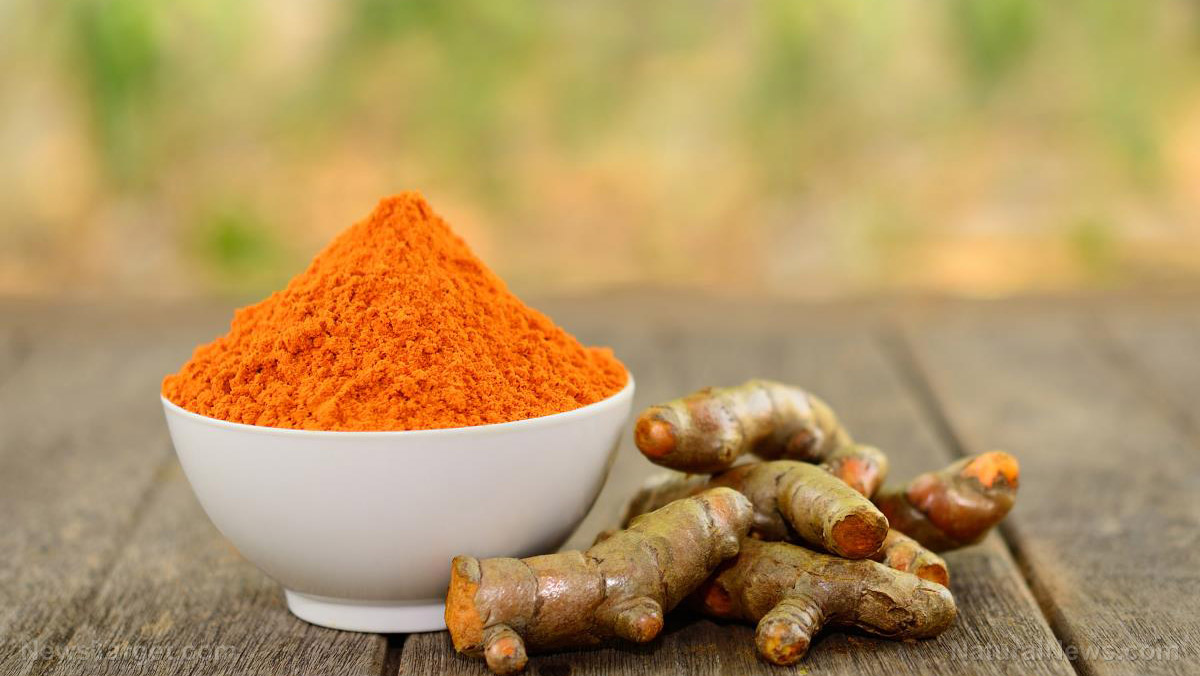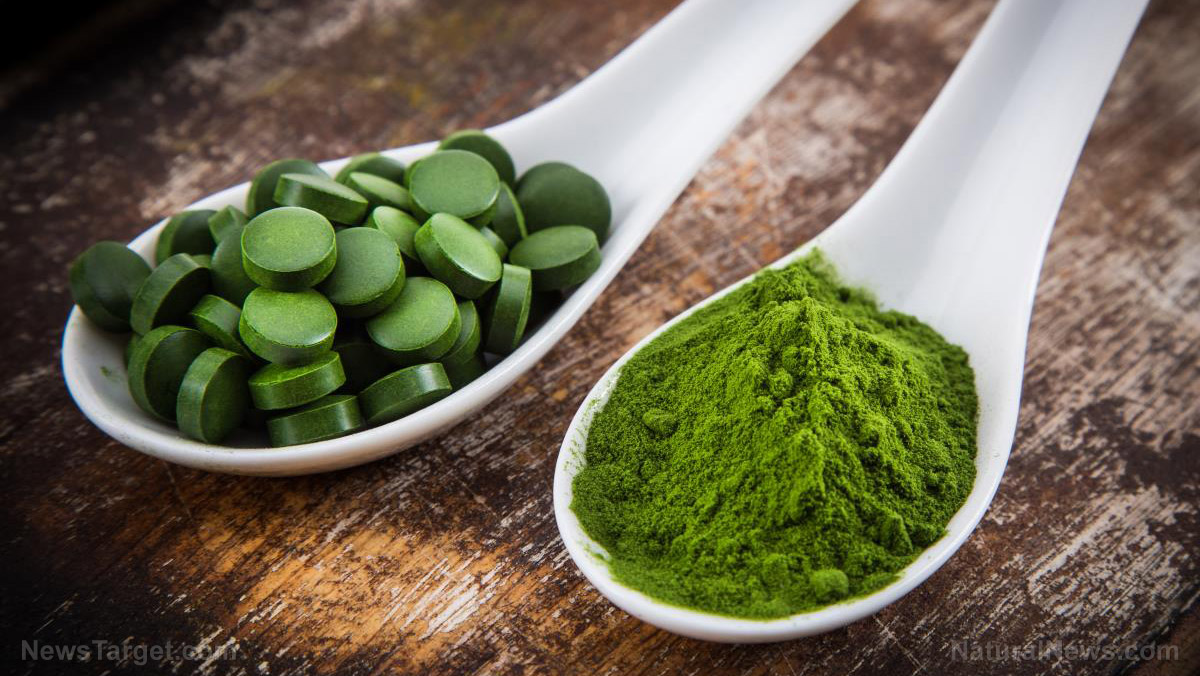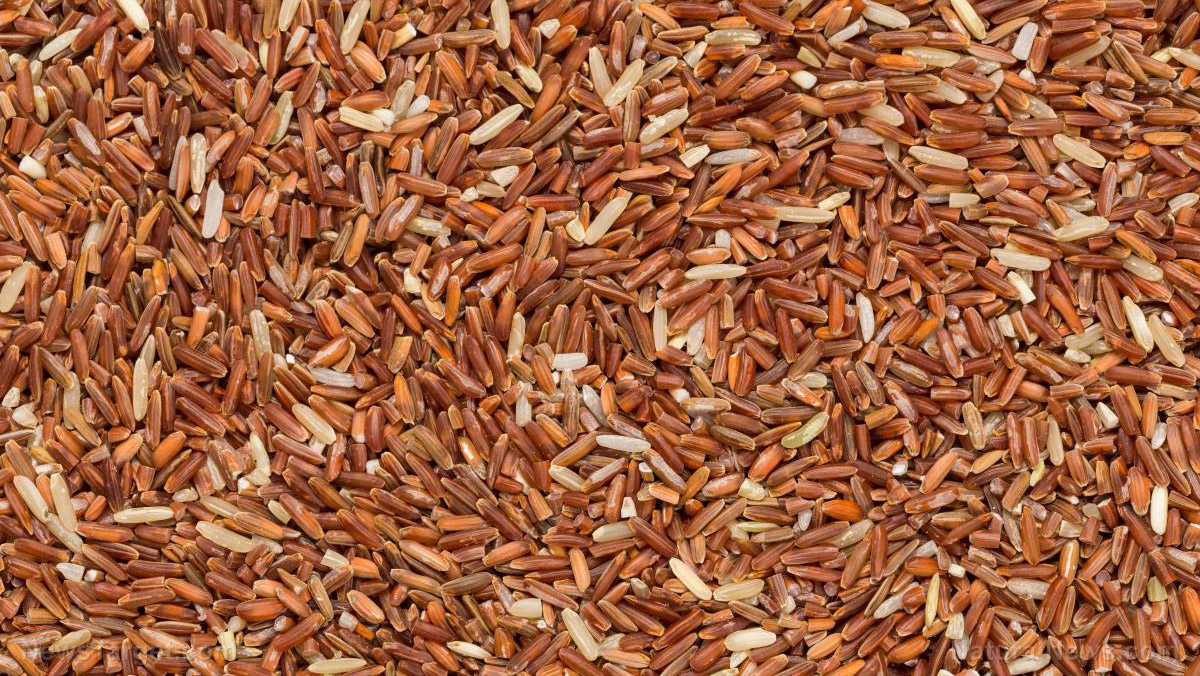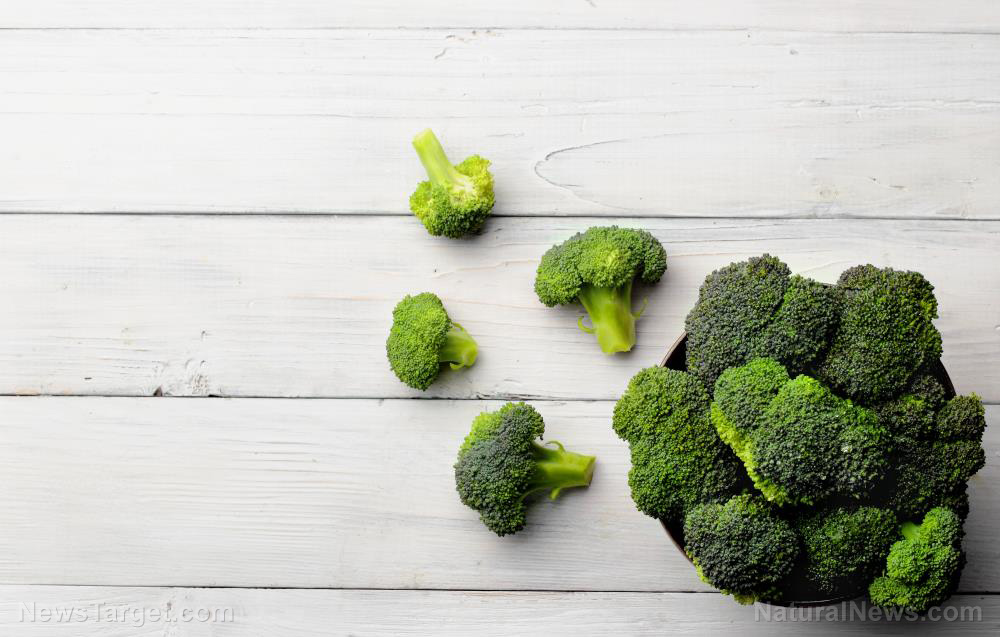Probiotics found to offset the detrimental effects of stress on the immune system
04/01/2018 / By Edsel Cook

Given stress is bad for health while probiotics are good for the gut, Argentinean researchers decide to determine whether or not the latter can offset the former. Their experiment on stressed mice revealed that probiotic supplements could boost the immune system of the gut against infection.
Stress conditions disrupt the natural balance of the body. These physiological changes extend their negative effects on the endocrine and immune systems.
Chronic stress, in particular, triggers changes in the immunity of cells and bodily fluids. Stressful situations release glucocorticoids and catecholamines that affect immune functions and increase the chances of infection.
Exposure to stressors also affects the normally-stable microbiota in the gut. The population of beneficial Lactobacilli drops, weakening the intestinal barrier and allowing other microbiota to move into secondary lymphoid organs, which leads to inflammatory bowel diseases.
Furthermore, acute and chronic stress also reduce the levels of white blood cells that fight enteric pathogens. No wonder stress is associated with cardiovascular and autoimmune diseases, diabetes, and respiratory tract infections in humans. (Related: Don’t sweat the exam: Another study confirms mindfulness reduces stress.)
What stress weakens, probiotics boost
This is where probiotics come in. Beneficial bacteria boost immunoglobin presence in the mucosal immune system, which restores permeability to mucus barriers and improves the local immune response.
This benefit extends to the intestinal barrier and associated immune system. Probiotics can mitigate the local inflammatory response against enteric infections, and they can also alleviate metabolic disorders.
An earlier study by the Argentinean team showed that the consumption of Lactobacillus casei improved the gut mucosal immune response and raised immunological parameters. This experience led them to develop a hypothesis that probiotic supplements could improve or reduce the negative effect of stress on the immune system.
For their new study, they created an experimental stress model where mice were deprived of food for 12 hours and immobilized for three hours every day for 11 days. They administered probiotic supplements – either one of the Lactobacillus casei CRL 431 or Lactobacillus paracasei CNCMI-1518 strains, or probiotic fermented milk with L. paracasei CNCM I-1518 – to some of the lab animals.
On the 12th day, some of the mice from each group were sacrificed and analyzed. Researchers looked at parameters for intestinal barrier reinforcement, the innate immune response, and the effects of probiotic supplements.
Probiotics improve intestinal health, immune system
According to their findings, probiotic supplementation restored the normal shape and the length of the intestinal villi in the guts of stressed mice. Healthy villi can properly absorb nutrients, maintain normal gut function, and provide the proper signals for the small intestine’s immune cells.
With regards to the immune system itself, probiotics were able to reduce the negative effects of stress-induced glucocorticoids and corticosterone on the macrophages that fight infections. Both probiotic strains normalized the activities of peritoneal and spleen macrophages before OVA immunization.
After OVA immunization took place, only the L. paracasei CNCM I-1518 strain was able to affect the macrophages in the spleen and bodily fluids positively. Both strains retained effectiveness in normalizing the phagocytic activity of macrophages in the peritoneum, the tissue that lines the inner wall of the abdomen and supports most abdominal organs.
The researchers also established that probiotic supplementation was also able to compensate for the immunosuppressive effect of stress hormones. By bolstering adaptive immune response, probiotics can protect against Salmonella thyphimurium and other infectious pathogens.
The probiotic fermented milk with L. paracasei CNCM I-1518 was considered to be the most effective shield against Salmonella infection.
The researchers concluded that probiotic supplementation is a safe and effective way to bolster gut and immune system health during stress conditions.
Sources include:
Tagged Under:




















